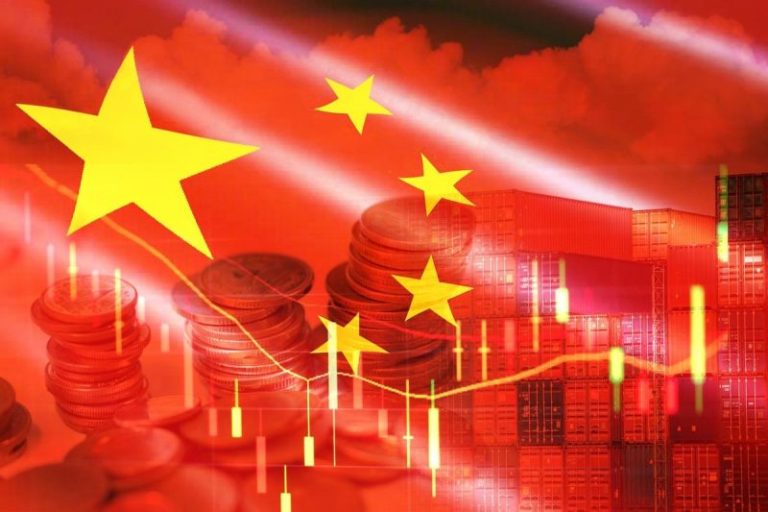In light of recent economic tensions between the United States and China, China has implemented restrictions on the exports of key critical minerals. This move comes as a response to the US’s control over semiconductor technology exports to China. The restriction on critical mineral exports could have significant implications for various industries that depend on these minerals for manufacturing and production processes.
The restriction on critical minerals exports underscores China’s strategic approach to protecting its own interests amidst increasing trade tensions with the US. By limiting the export of essential minerals, China aims to safeguard its domestic supply chain and reduce reliance on foreign imports. Additionally, this restriction could be seen as a means of exerting leverage in the ongoing trade negotiations between the two nations.
The impact of China’s restriction on critical mineral exports extends beyond its borders and has global repercussions. Many countries rely on China as a major supplier of critical minerals, and any disruption in the supply chain could lead to price fluctuations and shortages in the market. As a result, industries such as electronics, automotive, and renewable energy that heavily depend on these minerals may face challenges in sourcing raw materials for their production.
Furthermore, the restriction on critical mineral exports could potentially escalate the trade tensions between China and the US. As both countries continue to engage in a tit-for-tat approach to trade policies, the restrictions imposed by China could prompt the US to respond with further controls or tariffs on Chinese imports. This back-and-forth escalation could have detrimental effects on the global economy and trade stability.
In response to China’s move, other countries and industries may seek to diversify their supply chains and reduce reliance on Chinese imports. This could lead to increased investments in domestic mining and mineral extraction projects to ensure a stable and secure supply of critical minerals. Additionally, partnerships and alliances between countries for mutual mineral resource access may strengthen in the wake of China’s export restrictions.
Overall, China’s decision to restrict key critical minerals exports in response to US chip controls highlights the complex interplay of geopolitics, trade policies, and global supply chains. The implications of this move are far-reaching and underscore the importance of strategic resource planning and diversification in an increasingly interconnected world. As countries navigate these challenges, cooperation and collaboration will be essential in ensuring the stability and resilience of global supply chains.



